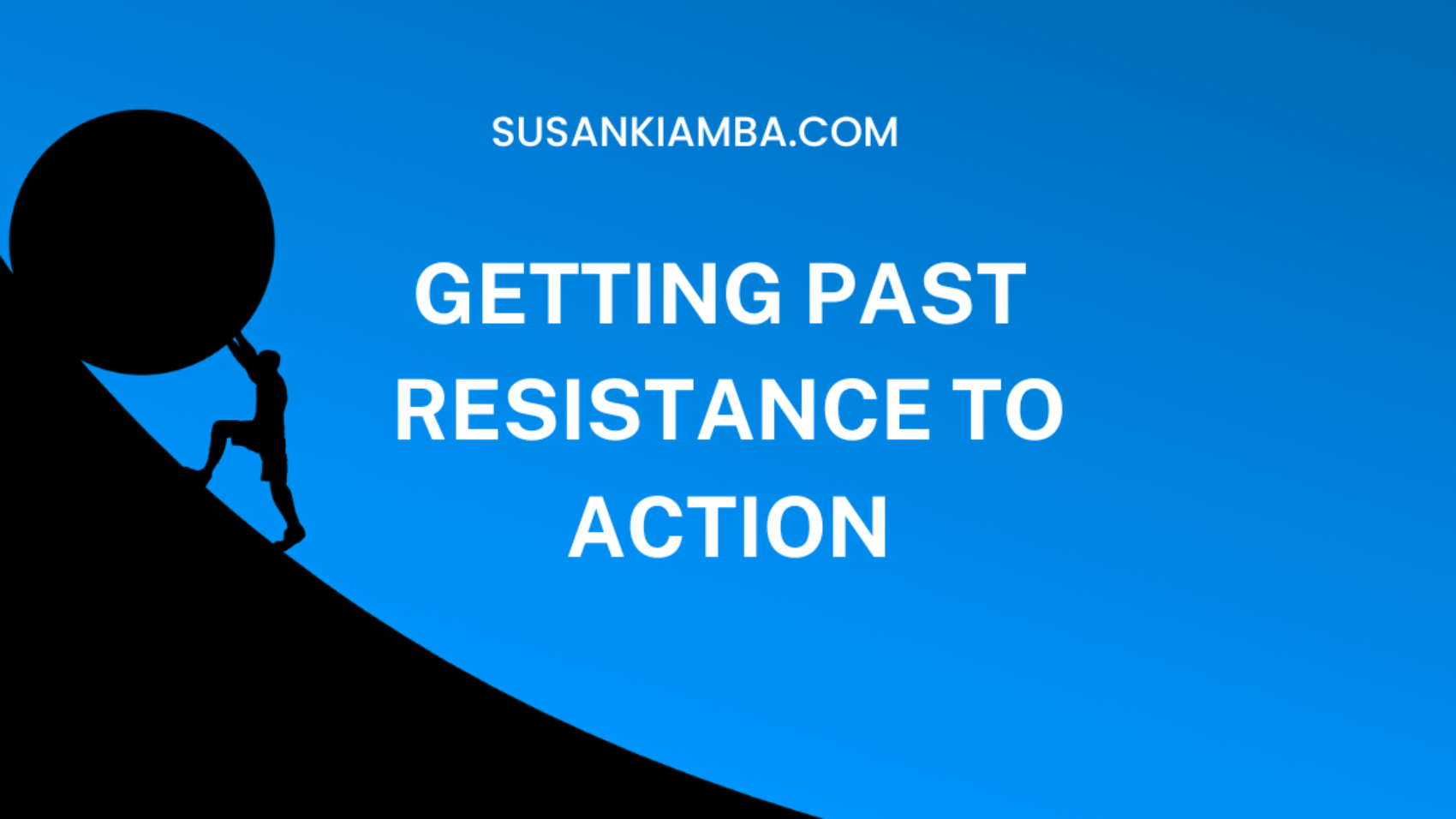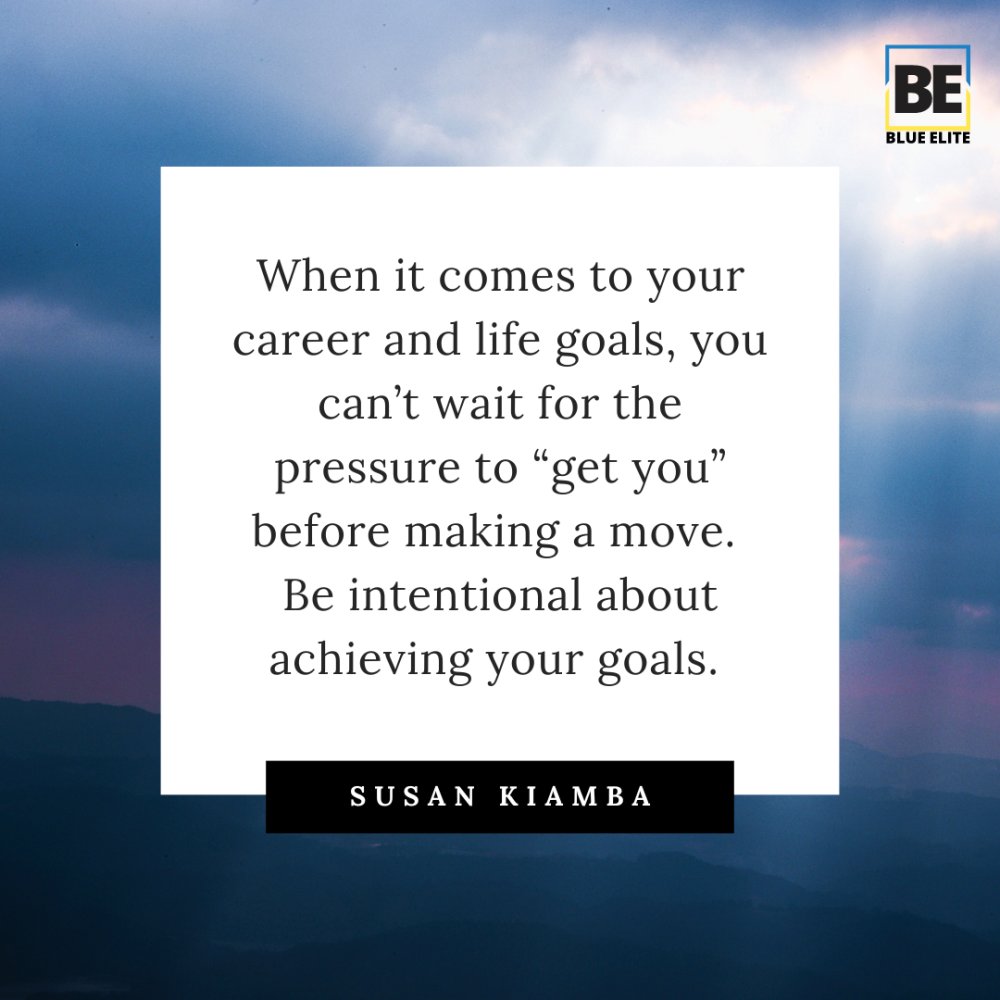Recently, we talked about moving past the resistance to taking action. Today, we explore what is holding you back from taking action and how you can identify and overcome fear.
It comes in many forms and in many names. But at the core, you’re not moving forward with your career goals because…..
FEAR!
Fear is tied with anxiety as the number one source of resistance to acting on your dreams. This fear has several causes, from the fear of failure to the fear of success and everything in between. If fear is holding you back, you will need to identify what is causing the it before you can overcome fear.
If you know your fear, you don’t need this exercise. But if not, it’s time to get a pen and paper and answer the following questions. Notice what feelings come up as you answer each question. Fear? Anxiety? When you find one or more that causes fear, you’ve found your answer.
1.) What happens if you fail?
Does this question bring up fear and anxiety? It probably does, as most people are afraid of failure, but it might not be your primary issue if it’s not overwhelming. Regardless, answer the question. If you fail, what happens? Does the world end? Do you lose the chance to try again? Or are you just embarrassed?
2.) What happens if you succeed?
How will your life change? How will it stay the same? What’s the best outcome? What’s the worst? Pay attention to these questions because you might be surprised to see what comes up in the way of fear -fear of success is almost as prevalent as fear of failure!
3.) What will you lose?
Nothing comes for free; we often have to give up something to change our lives. What will you lose by reaching this goal? Write everything down that you can think of. Be specific. Does anything on that list trigger fear?
4.) What will you gain?
Gaining new things can cause fear too, believe it or not. What do you stand to gain from reaching this goal? Write down specifics. How does it make you feel to contemplate this? Can you not list a specific, concrete thing? The latter may indicate a fear of the unknown.
This exercise should give you a good idea of where your fears about your goals lie. Once you know what they are, you can start to work through them and loosen their hold on you. Then you will have overcome fear. If you finish this and are still unsure, you’ll need to do some more introspection and possibly seek support to sort out the issue(s) behind your resistance. It may be harder for you, but you can do it.








